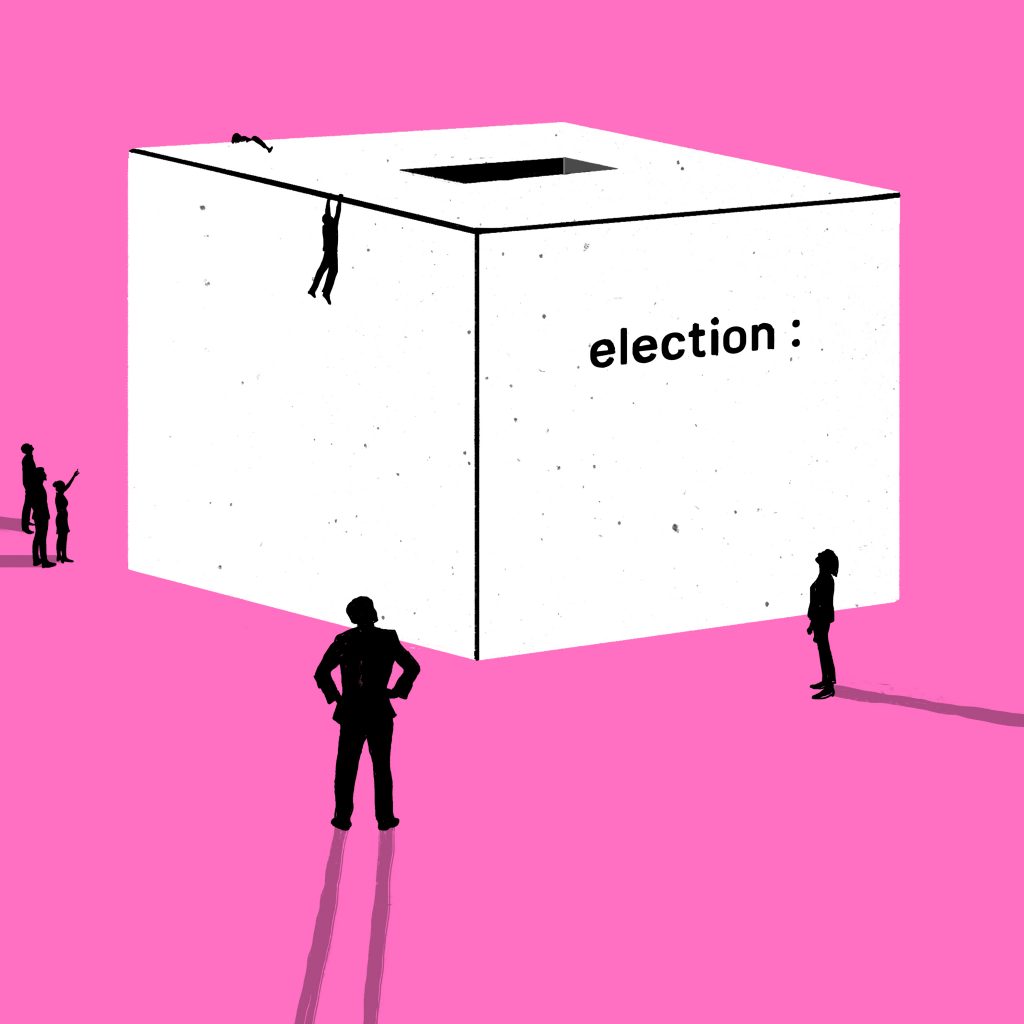
by Yana Makuwa
The Zimbabwean elections in 2008 arrived during total economic disrepair and a peak moment of national frustration with the government, which had been controlled by Robert Mugabe and his party Zimbabwe African National Union-Patriotic Front (ZANU-PF) since the country’s independence in 1980. This nominally socialist party that won the right to Black-majority rule decades prior was faced in the 2000’s with resistance to the violent strong-arm tactics Mugabe used to establish single party rule, conduct unsuccessful land reforms, and retain power. Electoral resistance to the regime had been raised before, with a contested election in 2002. At that time, however, Robert Mugabe and his ZANU-PF party remained in power with the support of the African Union (AU), despite condemnations of misconduct from international observers and the opposition party: the Movement for Democratic Change (MDC), which was founded in 1999 by members of Zimbabwe’s trade union alliances in opposition to a constitutional referendum giving powers to the government to conduct land reforms. The AU’s support in 2002 is one of several markers showing that at the start of the decade, despite corroborated reports of political violence and social upheaval, Mugabe’s hold on the presidency was strong enough that challenges to its legitimacy—however valid—could be easily put aside (especially by other national leaders whose power may have been more or less democratically established). However, by 2007, with the environment of corruption, the growing inflation escalating from 8,000% to 100,000% by early 2008, and unemployment reaching throughout the country, the citizens of Zimbabwe were increasingly desperate for a change in regime. Continue reading “election : zimbabwe 2008”

